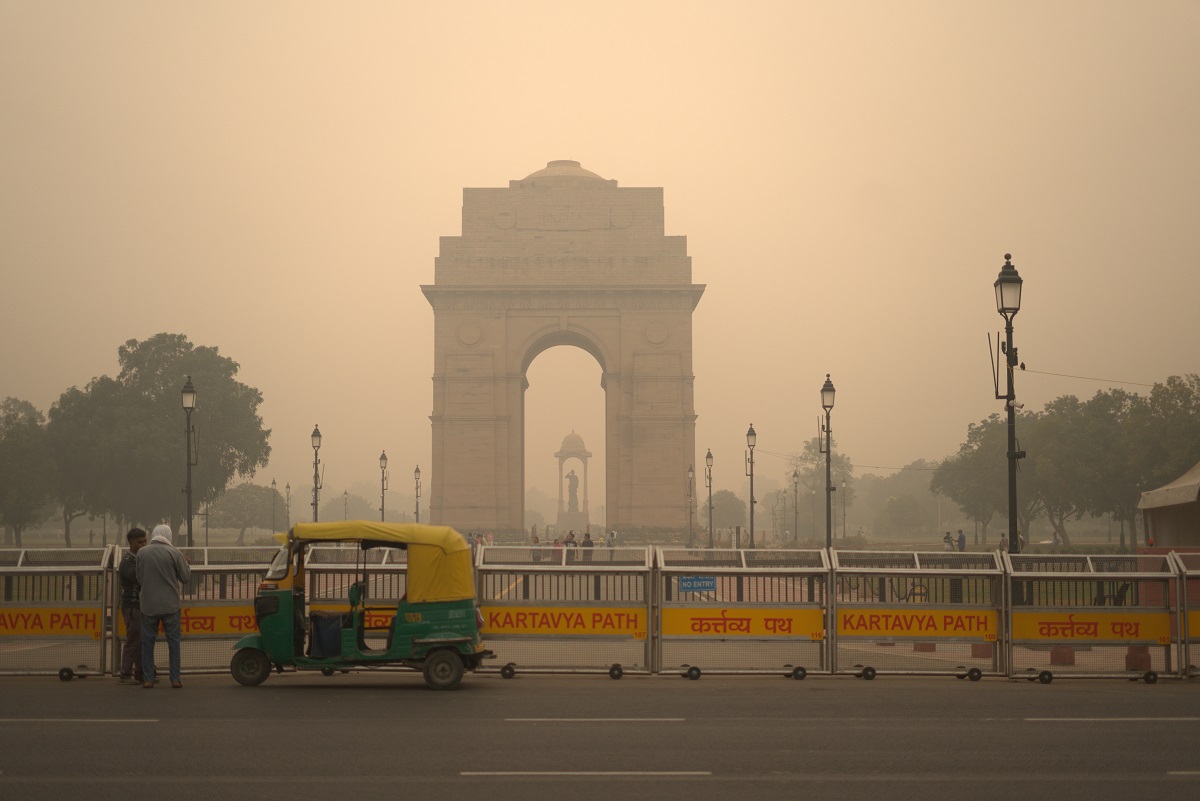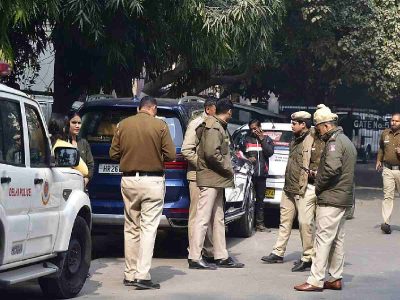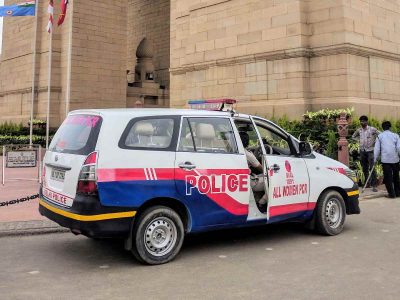Delhi’s air quality on Tuesday morning remained in the ‘poor’ category with an Air Quality Index (AQI) of 272, marking a slight improvement from Monday’s AQI of 304, according to data from the Central Pollution Control Board (CPCB).
Of the city’s 40 monitoring stations, data was available from 37, with 10 stations, including Anand Vihar, Alipur, Aya Nagar, and Jahangirpuri, reporting ‘very poor’ AQI levels. The remaining stations reported ‘poor’ air quality, while a blanket of smog continued to cover the city during early mornings and evenings.
The weather department noted calm wind conditions at 8:30 am, with a minimum temperature of 20.3°C—four degrees above average—and relative humidity at 85 per cent. Skies are expected to remain clear throughout the day, with a maximum temperature of around 33°C anticipated.
An AQI between 0 and 50 is considered ‘good,’ 51 to 100 ‘satisfactory,’ 101 to 200 ‘moderate,’ 201 to 300 ‘poor,’ 301 to 400 ‘very poor,’ and 401 to 500 ‘severe.’
In response to the deteriorating air quality, the National Green Tribunal (NGT) has sought explanations from Delhi’s police chief and the special commissioner of traffic management on steps taken to reduce pollution caused by vehicle movement and parking. The NGT underscored the need for transparency in implementing stages of the Graded Response Action Plan (GRAP) to address pollution levels.
During a hearing on air quality issues in the National Capital Region (NCR), NGT Chairperson Justice Prakash Shrivastava, in an order dated October 24, highlighted that Delhi’s AQI was 364 on October 23, firmly in the ‘very poor’ category. The NGT bench, which included judicial member Justice Arun Kumar Tyagi and expert member A Senthil Vel, referenced a report from the Commission for Air Quality Management (CAQM) indicating that Stage I of GRAP was initiated when the city’s AQI remained above 200 for an extended period.
Expressing dissatisfaction, the NGT noted that the criteria for invoking GRAP stages were unclear, with no specification on the duration required for AQI levels to remain high before Stage I measures are implemented. The tribunal urged the adoption of objective criteria and transparency in invoking GRAP stages.
Also Read: Delhi: Authorities intensify efforts as air quality dips into “very poor” category
Identifying vehicular emissions as a significant factor in the city’s poor air quality, the NGT called on Delhi Police to take responsibility for managing traffic and parking issues and enforcing restrictions on unauthorised and older vehicles. The tribunal issued notices to the police commissioner and special commissioner of traffic management, requesting affidavits detailing steps taken to curb vehicle-related pollution at the ground level.
Additionally, the tribunal directed the CPCB, Delhi government, and Municipal Corporation of Delhi (MCD) to enhance awareness of mobile applications aimed at tracking pollution levels and violations. It also instructed that field staff tasked with monitoring pollution be adequately supervised by competent officers to ensure effective action on the ground.
A submission from the Ministry of Environment, Forest, and Climate Change (MoEF&CC) highlighted the number of current air quality monitoring stations in NCR and disclosed that no additional stations are proposed for Delhi.
The NGT has further directed the CAQM to outline actions taken from January to September 2024 to ensure air quality does not decline during the winter months. The matter is scheduled for further proceedings on November 5.





